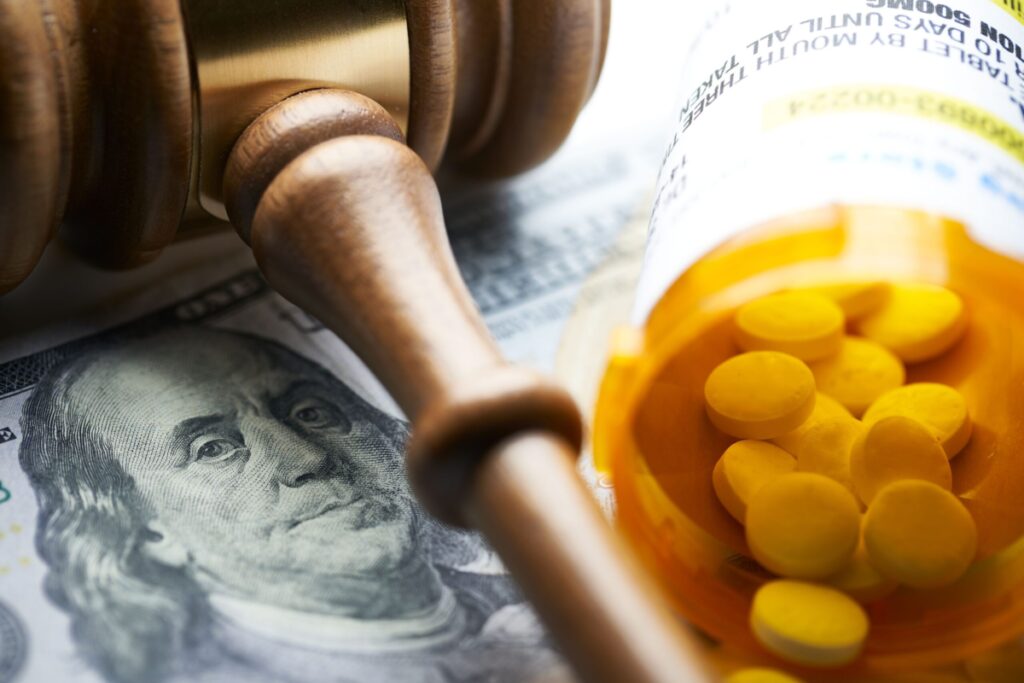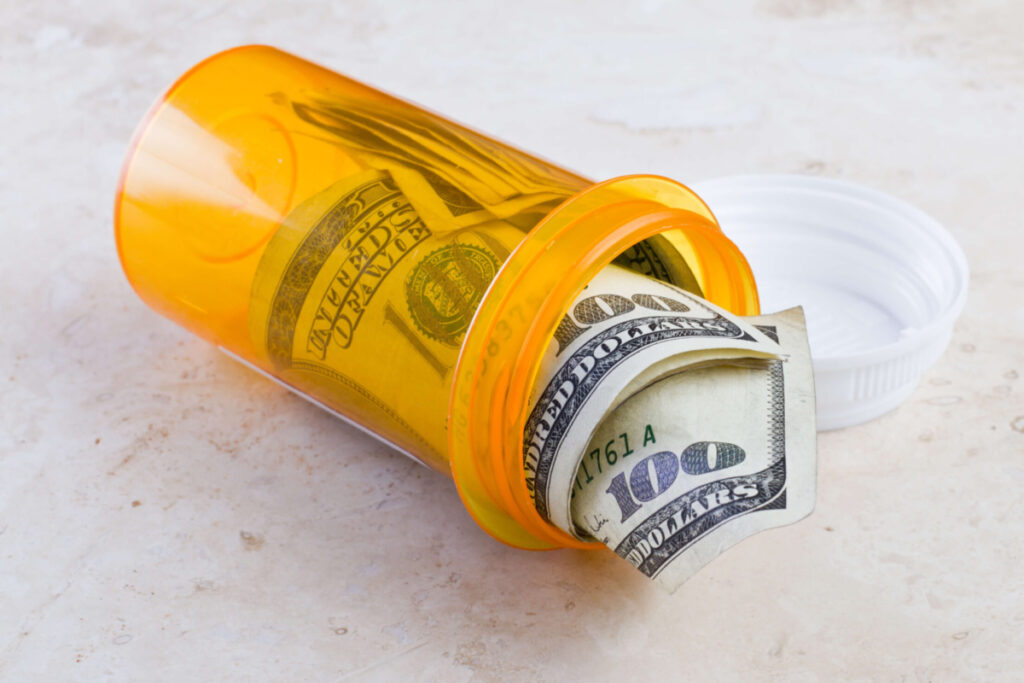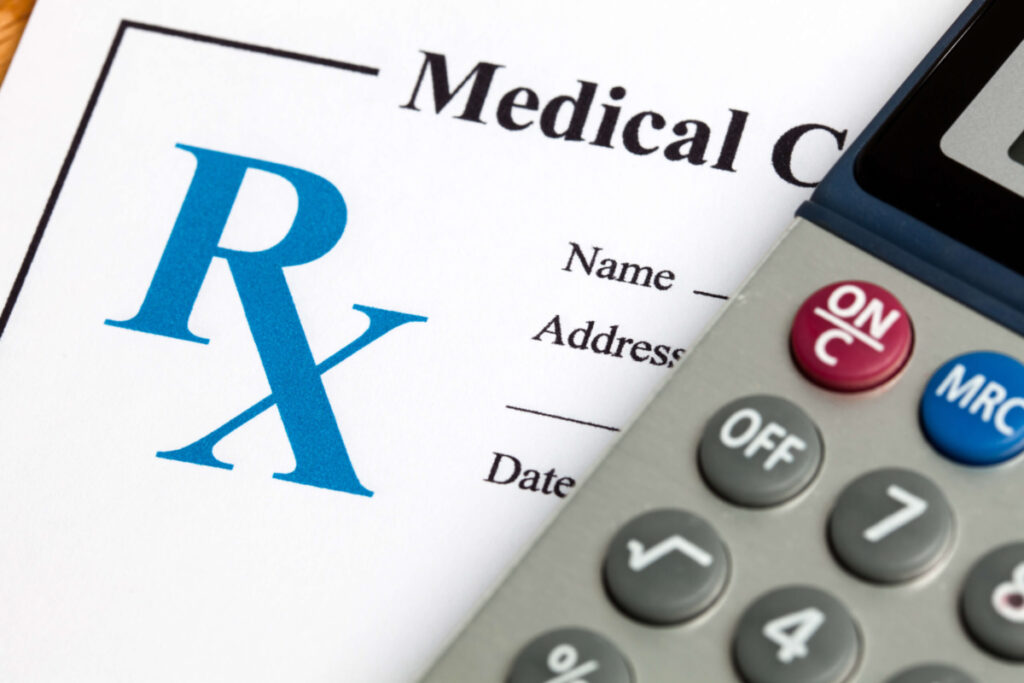Getting a grip on pharmaceutical manufacturers’ pricing strategies is a 2020 priority for the National Academy for State Health Policy (NASHP), but how drugs are marketed also significantly impacts spending on drugs. In 2016, pharmaceutical companies spent $6 billion on direct-to-consumer advertising, but a whopping $20.3 billion to market their brand name drugs to health care professionals.
Pharmaceutical sales representatives play a big role in marketing high-cost drugs to providers. NASHP, informed by Kaiser Permanente’s excellent research into the impact of sales representatives on drug pricing and with guidance from its Pharmacy Cost Work Group, has crafted a new model state law that:
- Holds these professionals accountable by licensing them and requiring ethics education;
- Requires them to identify drugs’ wholesale acquisition costs; and
- To tell providers when less-costly generics are available.
For more information, review the model act, read a Q&A, and explore Kaiser Permanente’s Institute for Health Policy’s Drug Policy 101: Pharmaceutical Marketing Tactics.
While pharmaceutical sales representatives may indeed provide useful information to clinicians, their incentive to increase sales drives up spending by encouraging prescriptions for more costly brand-name drugs when equally effective, less-costly options are available. In some cases, patient health and safety have been jeopardized. For example, marketing tactics such as encouraging clinicians to prescribe higher doses and longer courses of treatment of opioids than was evidence-based, fueled the opioid epidemic while leaving patients at risk of addiction.
The role of pharmaceutical marketing in driving drug spending has been largely overlooked in recent policy approaches focused primarily on drug pricing itself. Exceptions include successful efforts by Chicago and Washington, DC to license sales representatives. NASHP’s Model Act to License Pharmaceutical Representatives gives states the authority to license sales representatives, to increase transparency surrounding their activities and influence, and to require training in ethical standards.
This model act also incorporates an innovative approach, enacted in Colorado in 2019, that requires sales representatives to disclose the wholesale acquisition cost (the price the wholesaler pays the manufacturers, or the “list” price) of the drugs they market, and to share the names of generic options in the same therapeutic class when available.
This model act to license sales representatives is the second in a series of new model legislation released by NASHP. Additional model laws will be introduced throughout the summer and discussed by legal experts during #NASHPCONF20’s prescription drug summit, restricted to state officials and employees, which is part of NASHP’s virtual annual conference Aug. 17-19, 2020. NASHP and its Pharmacy Cost Workgroup, with funding from Arnold Ventures, looks forward to supporting states as they advance these models in upcoming legislative sessions.



